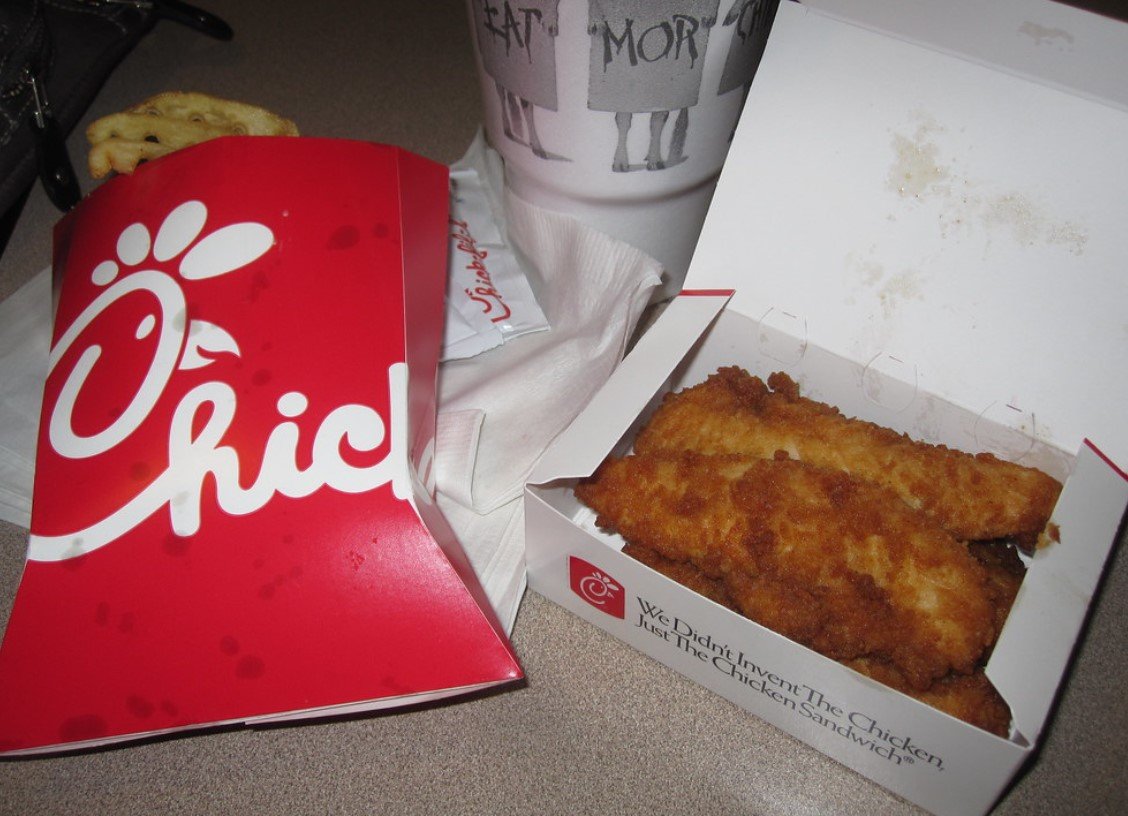In a significant departure from its longstanding commitment to serving chicken raised without antibiotics, Chick-fil-A has announced a policy shift due to projected supply shortages. This move marks a pivotal moment for the fast-food industry and raises questions about the future of food quality standards.
The Implications of Changing Course
Chick-fil-A’s decision to backtrack on its “no antibiotics ever” pledge, a promise that has been a cornerstone of its brand identity for a decade, is not just a change in policy—it’s a reflection of the broader challenges facing the poultry industry. The company’s new stance allows for the use of antibiotics that are not critical to human medicine, a move that has been met with both understanding and scrutiny from consumers and industry experts alike.
The transition to a “no antibiotics important to human medicine” standard is a nuanced one. It suggests a compromise between maintaining supply chain stability and continuing to prioritize animal welfare and public health. However, this shift also opens up a dialogue about the pressures faced by food suppliers in a market that demands both high-quality products and ethical practices.

Navigating Supply and Demand
The underlying cause of Chick-fil-A’s policy change is a familiar story of supply and demand. With the rise of avian influenza outbreaks and other disruptions to chicken farming, the industry is grappling with a dwindling supply of poultry that meets the “no antibiotics ever” criterion. This shortage has led to increased prices and a reevaluation of what is feasible for large-scale operations like Chick-fil-A.
By adopting a more flexible antibiotic policy, Chick-fil-A aims to balance its supply needs with a commitment to quality. The move also reflects a broader trend in the industry, with other major players like Tyson Foods making similar adjustments. These changes underscore the complexities of modern food production, where ethical considerations must be weighed against the realities of economics and consumer demand.
Looking Ahead: Quality and Consumer Trust
As Chick-fil-A embarks on this new path, the company faces the challenge of maintaining consumer trust. Transparency about its sourcing and welfare practices will be key to navigating this transition. The fast-food chain’s efforts to communicate its new policy and the reasons behind it are crucial steps in preserving its reputation for quality.
The broader implications for the industry are also significant. Chick-fil-A’s policy change may influence other companies’ approaches to antibiotic use in livestock. It also highlights the need for innovation in farming practices that can sustainably meet the demand for antibiotic-free poultry.
